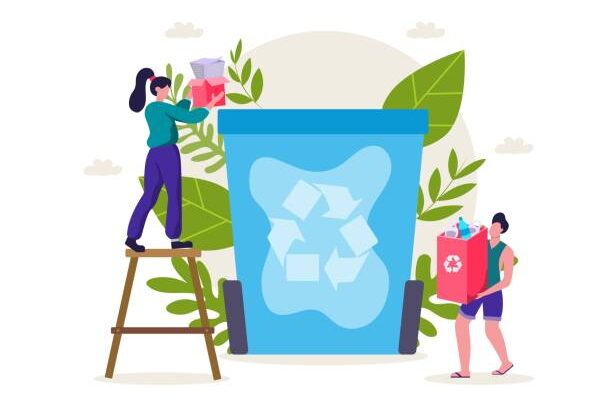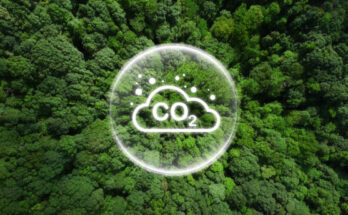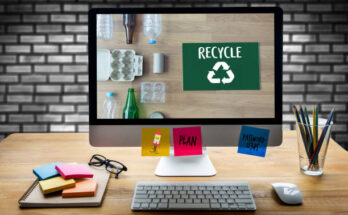A significant amount of plastic garbage has been produced by the widespread use of plastic products. We must educate people about their applications and regular management as part of our way of life.
Such as packaging for goods produced by various food and beverage, cosmetics, pharmaceutical, and other manufacturing industries. In order to convey goods to the public more effectively and safely. If processed and managed improperly, post-use plastic trash has a number of negative effects on the environment.
 (Photo from istock)
(Photo from istock)
Plastics have several uses in commercial and industrial products and are an important commodity due to their exceptional physical and chemical properties. Worldwide, large-scale production of fibbers. And resins has increased as a result of increasing community demand. However, due to poor waste management practices and the production of plastics, their use has a number of negative environmental effects.
-
Following are a few ways of plastic disposal:
Recycling plastic
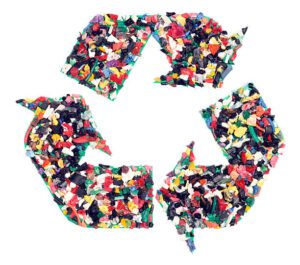 (Photo from istock)
(Photo from istock)
Recycling is a waste management practice that involves gathering waste materials and turning them into raw materials that may be used again to create other useful products. In order to safeguard the environment and society, it is also referred to as “renewing or reusing.”
Due to their carbon-based composition and use of additional polymers, plastics are not biodegradable. It includes bottles and other items that can be melted down and used to make furniture made of plastic, such as tables and chairs.
When plastic waste is recycled rather than disposed of in undesirable locations, the world can benefit in a number of ways. One of these benefits is the protection of human life by reducing carbon dioxide and other harmful gases in the atmosphere, which can occur during incineration or combustion of the wastes.
Incineration of plastic
The term “waste incineration process” refers to the burning of wastes in oxygen, sometimes referred to chemically as “full combustion,” which emits carbon dioxide and water vapor into the environment [51]. A small amount of hydrochloric acid, ash, and other volatile chemicals make up the waste created by incineration. Generally speaking, not all plastic garbage is a viable candidate for combustion; some of it is explosive and oxygen heating resistant.
To prevent these unforeseen explosive mishaps, we must be cautious when choosing plastics for incineration among non-combustible garbage. Energy, commonly referred to as fuel, can be produced through the combustion of organic molecules. The fuels utilised in the propulsion of cars and airplanes can be found in a variety of physical states, including liquid, solid, and gas. Instead of producing energy, this method of incineration has a number of positive effects on society.
Landfills
Landfills are any locations or areas where we discard all disposable plastic garbage after use before burrowing it beneath the surface of the earth
It necessitates a lot of work on the part of the community, such as excavating a deep pit or dumping in it, filling it with waste, and allowing it to decay. Each organic molecule goes through biodegradation and decomposition throughout this landfill processing. In landfill processing, plastic bags and other long polymer wastes can take ten to one hundred years to breakdown.
Pyrolysis
Pyrolysis is the process of converting gases and fatty oils in order to extract hydrocarbons and recover crude petrochemicals. There are media types based on high temperature, medium temperature, and low temperature.
This is based on their simple molecular reformation capability during heat treatment and their changeability.
Bioremediation
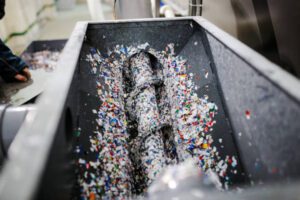 (Photo from istock)
(Photo from istock)
The term “bioremediation” refers to a subfield of biotechnology that uses microorganisms to treat all-natural substances through the biodegradation of plants, algae, fungi, and bacteria. Its main principles are detoxification and decontamination. It requires a variety of culture medium parameters.
These speeds up the process of trash biodegradation. Enzymes function as a chemical catalyst in the bioremediation process by lowering the activation energy and turning substrate into product.
Hazards of plastic
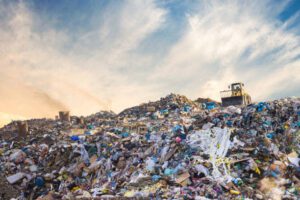 (Photo from istock)
(Photo from istock)
Plastics are useful in everyday life in various communities. Some of these consequences could be detrimental to the environment and even to people. Prior to managing plastic waste, it is crucial to go into detail. About some of the negative consequences that improper plastic management can have. Poor waste management and non-biodegradability can lead to a number of environmental risks. Including clogged sewers in urban areas and other production locations. Plastics’ durability advantage, which supports their usefulness and wastes after utilization.
Conclusion
In conclusion, the responsible disposal of plastic waste is not just an environmental obligation but a moral imperative in our modern world. As our planet grapples with the devastating consequences of plastic pollution, it is crucial that we all play our part in mitigating its impact. By following the principles of reduce, reuse, and recycle, we can significantly reduce the volume of plastic waste that ends up in our oceans and landfills.
Properly disposing of plastic waste is not only about segregating it for recycling but also reducing our overall plastic consumption and reusing items whenever possible. Furthermore, raising awareness about the importance of plastic waste management and supporting policies and initiatives aimed at reducing single-use plastics can make a significant difference.
In our collective efforts to safeguard the environment, we must embrace sustainable alternatives, encourage innovation, and educate ourselves and future generations about the importance of responsible plastic waste disposal. Only through concerted global action can we hope to create a cleaner, healthier planet for ourselves and for generations to come.
In our pursuit of convenience, we’ve unwittingly unleashed an environmental crisis. Beyond the three “Rs” (reduce, reuse, and recycle). Adopting biodegradable alternatives and supporting government policies to curb plastic production and encourage eco-friendly practices is essential. The onus is on individuals, businesses, and governments to collaborate in finding sustainable solutions. By collectively embracing responsible plastic waste disposal and reducing our reliance on single-use plastics, we can pave the way for a greener, cleaner, and more sustainable future for our planet.
References:
Science Direct
Worried with water pollution, want to lessen its hazardous effects? What are you waiting for!, click on the link below:
How to Lessen Water Pollution

